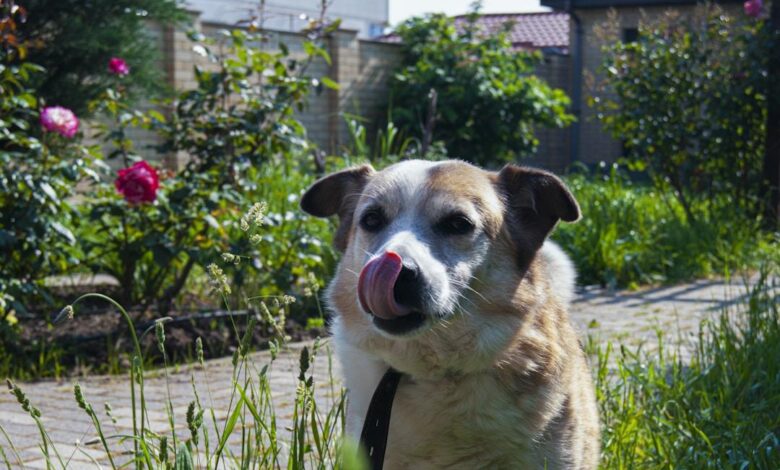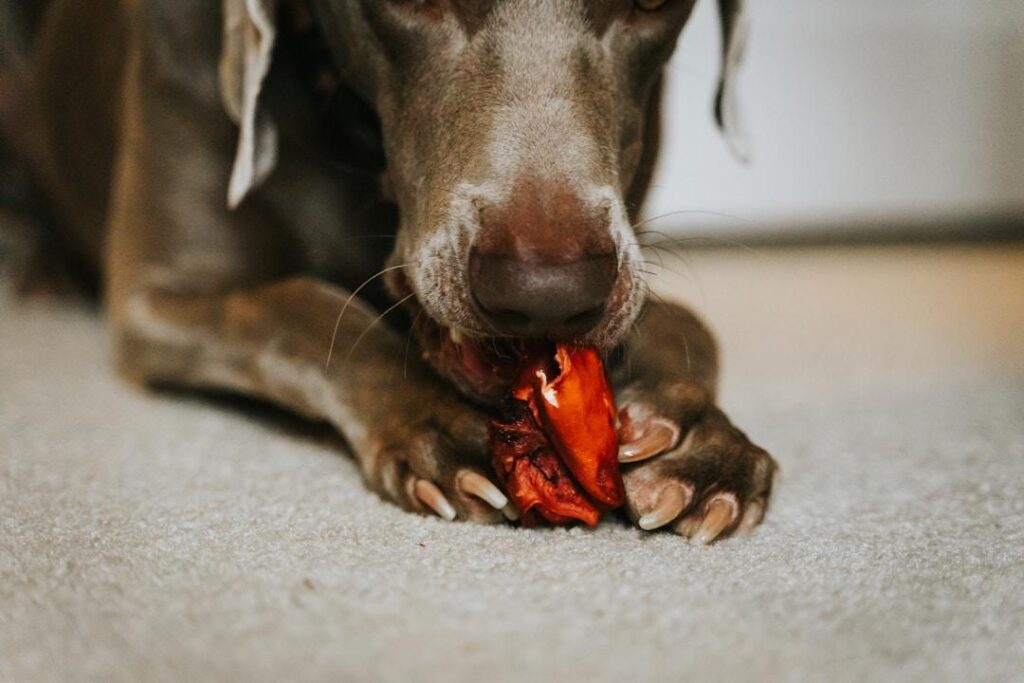Caring for Your Pet’s Gut Health

Regarding pet health, stomach aches and indigestion might seem trivial compared to more immediate concerns like vaccinations or spay/neuter decisions. However, gut health is central to your pet’s well-being, influencing everything from nutrient absorption to immune function. Like humans, a pet’s digestive system is a complex machinery that requires proper care and maintenance to function optimally. In this article, we will explore how you can ensure that your furry friend maintains a happy and healthy digestive system.
Recognizing and Addressing Common Digestive Issues in Pets
Every pet owner should be able to recognize the signs of lesser well-being in their animals. Common digestive issues include symptoms like bloating, excessive gas, changes in bowel habits, and weight changes. It’s essential to monitor your pet and be vigilant for these signs as they can suggest digestive diseases or systemic issues.
If digestive issues are present, it’s critical not to dismiss them as simple stomach upsets—especially if they persist. Conditions like inflammatory bowel disease, pancreatitis, or intestinal parasites can all masquerade as the occasional upset stomach but require medical attention to manage and treat effectively.
Intervening early when digestive discomfort arises can often prevent more severe issues from developing. This can include dietary adjustments, increased exercise, or a course of medication your vet prescribes. Timely action can mean a quicker recovery and less distress for your pet.
For those pets who need extra help with their gastrointestinal health, there is Gastro Pro Plus, a high-quality supplement designed to support a healthy digestive system. Such products can help manage chronic issues and maintain gut health in the long term, but they should always be used under veterinary guidance.
The Importance of a Balanced Diet for Optimal Gut Health

A good diet forms the cornerstone of any pet’s health regime, and this is no truer than for gut health. Feeding your pet a balanced diet filled with the nutrients they need is the most direct way of ensuring a functional digestive system. This includes high-quality proteins, fats, carbohydrates, and vitamins and minerals.
Like people, pets can suffer from food intolerances and allergies that wreak havoc on their digestive systems. Identifying these and adjusting their diet can greatly improve their comfort and digestion. Moreover, consistency in what and when you feed your pet can support digestive regularity and health.
Portion control is also an essential aspect of a balanced diet. Overfeeding can lead to obesity, which can burden the digestive system and lead to other health complications. Conversely, underfeeding can leave your pet malnourished and weaken its immune system. It’s about finding that perfect balance for your particular pet.
Hydration is another vital aspect of a healthy diet. Ensure your pet can access fresh, clean water to aid digestion and nutrient absorption. Subtle changes in your pet’s drinking habits could indicate underlying issues with their digestive health.
Probiotics and Prebiotics: Supplements for Maintaining a Healthy Gut Flora
A balanced gut microbiome is vital for your pet’s digestion and overall immunity. Probiotics are beneficial bacteria that can help restore or maintain a healthy balance in your pet’s intestinal tract. These are especially useful after a course of antibiotics, which can deplete the gut’s natural flora.
Prebiotics, conversely, are dietary fibers that feed the good bacteria in your pet’s gut. Combined with probiotics, they can significantly bolster your pet’s digestive defenses, making it harder for harmful bacteria to take hold. These supplements can seamlessly be integrated into your pet’s regular diet.
However, not all probiotics and prebiotics are created equal. Choosing high-quality supplements designed for animals is essential, as human-grade products may not be appropriate for your pet. Consulting with your veterinarian can help you find the best product for your pet’s needs.
As gut flora can be pretty sensitive to changes, adding these supplements gradually into the diet is crucial. Sudden substantial changes can cause digestive upset, something you would want to avoid while trying to do the opposite. It’s all about pacing and consistent, long-term use for best results.
Altogether, maintaining your pet’s gut health is a multifaceted endeavor that involves careful attention to diet, hydration, and the use of appropriate supplements. Addressing digestive issues promptly and ensuring a balanced intake of nutrients and probiotics can significantly enhance your pet’s overall well-being and quality of life.



